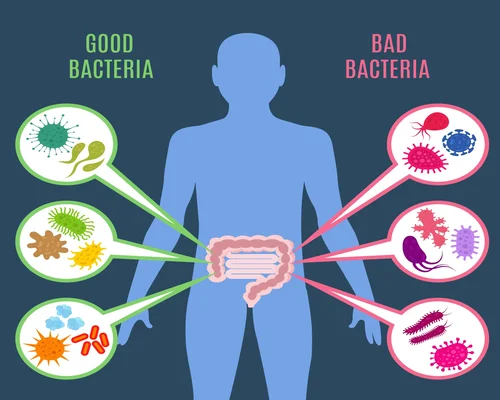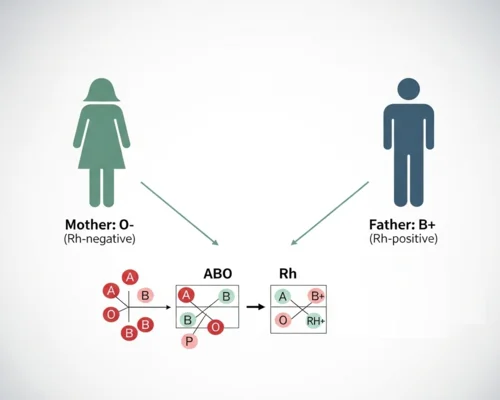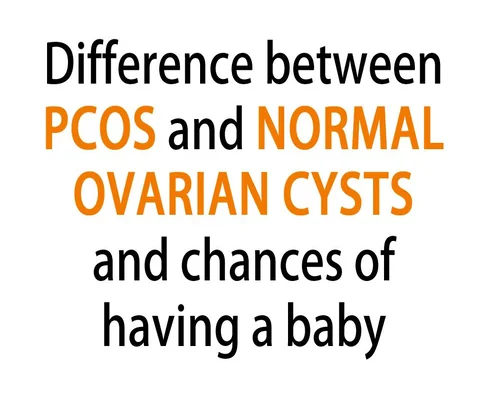
Tilapia Fish Health Benefits
Health Benefits of Tilapia Fish
Tilapia is primarily a freshwater fish that lives in shallow streams, ponds, rivers, and lakes, and is less common in brackish water.
Tilapia fish has a flat body. They are covered in smooth scales and come in a range of colors from gray to reddish-brown. Tilapia fish also have prominent fins, especially on the back and tail. Tilapia fish are also known for their high reproductive rate and rapid growth.
It is an ideal fish for farming as it does not mind crowding, grows quickly and takes an inexpensive vegetarian diet. These qualities translate into a relatively inexpensive product compared to other types of seafood.
Benefits
Vitamins and minerals
Tilapia fish is an excellent source of protein and nutrients. At 3.5 ounces (100 grams), it packs 26 grams of protein and just 128 calories. This fish is rich in vitamins and minerals, niacin, vitamin B12, phosphorus, selenium and potassium.
A balanced diet
Tilapia fish is a nutritious food and can be part of a healthy and balanced diet. It is a good source of protein and relatively low in fat. Tilapia is also lower in sodium, calories and total fat than bacon and other processed meats.
Tilapia fish can be part of a healthy, balanced diet, providing a variety of nutrients needed for your overall health. Tilapia fish provides calcium, phosphorus and omega-3. So, it is difficult to say that one is healthier than the other.
Like other fish, tilapia can be a healthy source of protein. It also provides you with vitamins and minerals such as choline, niacin, vitamin B12, vitamin D, selenium and phosphorus.
High protein
Tilapia fish is a great help because of its high protein count — popular bodybuilding, you can maximize your muscle gains if you have a serving of this nutritious, low-fat fish.
Low-purine fish such as salmon, sole, tuna, flounder and tilapia can be part of a healthy diet for people with gout.
Omega-3 fatty acids
Just one four-ounce serving of tilapia contains about 200 milligrams of omega-3 fatty acids. Tilapia is a good source of omega-6 fatty acids. Although both contain fat, tilapia is considered a fatty fish because it contains less omega-3 fat and fewer calories than salmon.
The EPA and FDA have identified tilapia as a "best choice" fish for pregnant women, breastfeeding mothers, and children. A "Best Choice" rating by the EPA and FDA means tilapia does not contain unsafe levels of mercury.
Good for diabetics
Tilapia is considered a really good option for diabetics as it is high in protein but low in calories. It is a fatty fish with a mild flavor so it pairs well with an assortment of healthy sides and is extremely easy to cook.
Lose weight
A four-ounce tilapia fillet contains 21 grams of protein, one gram of fat and only 90 calories. It is this high-protein, low-fat composition that makes tilapia a staple for those aiming to lose weight and gain muscle.
The researchers found that farmed tilapia contained small amounts of omega-3 fatty acids - less than half a gram per 100 grams of fish, similar to flounder and swordfish. Farmed salmon and trout, in contrast, had about 3 and 4 grams, respectively.
Medicinal properties
Tilapia is rich in the antioxidant selenium. Selenium has many health benefits. Like other antioxidants, selenium is believed to play a role in reducing oxidative stress and free radical activity in your organ systems that cause aging effects and the transformation of healthy cells into cancer.
Good for cholesterol
When it comes to healthy eating and heart health, fish like tilapia is a good choice because it is a good source of protein and low in saturated fat. A 3.5-ounce portion of cooked tilapia contains 128 calories, 26 grams of protein, 2.7 grams of total fat, 0.9 grams of saturated fat and 57 milligrams of cholesterol.
Tilapia is an affordable source of protein, vitamins, minerals and essential fatty acids that are essential for good health. Gift and other improved species of blue tilapia have helped improve food and nutrition security in the developing world.
What is the harm to tilapia?
Tilapia fish can be a disadvantage because they can potentially contain contaminants such as dioxins, heavy metals and antibiotic residues. They contain high amounts of omega-6 fatty acids, which can cause inflammation if consumed in excess.
These categories of fish and shellfish, such as salmon, catfish, tilapia, lobster and scallops, are safe to eat two to three times a week, or 8 to 12 ounces per week, according to the FDA.
Some foods, like tilapia, are controversial. One day flaky white fish is a high-quality protein source, the next we are told it might not be as good as we think. It is difficult to know where the truth lies. Here the good news: There no reason to avoid eating tilapia in moderation.
Potential health risks of consuming tilapia fish. While eating tilapia offers many potential health benefits, it also carries some risks. Eating large amounts of tilapia and other fish can expose you to certain cancer-causing chemicals.




-vegetable.webp)






















